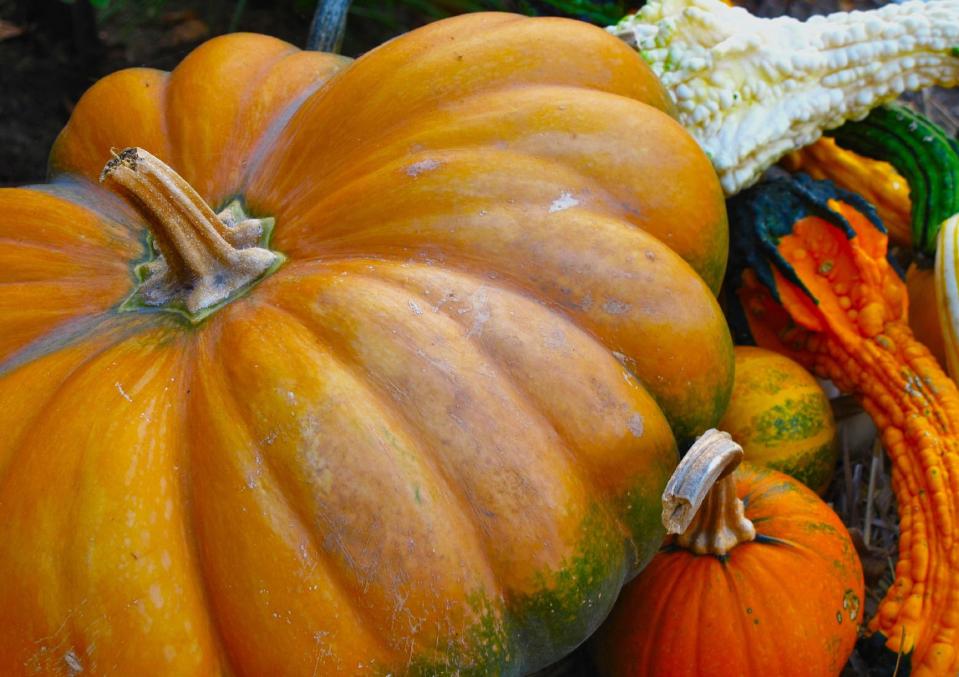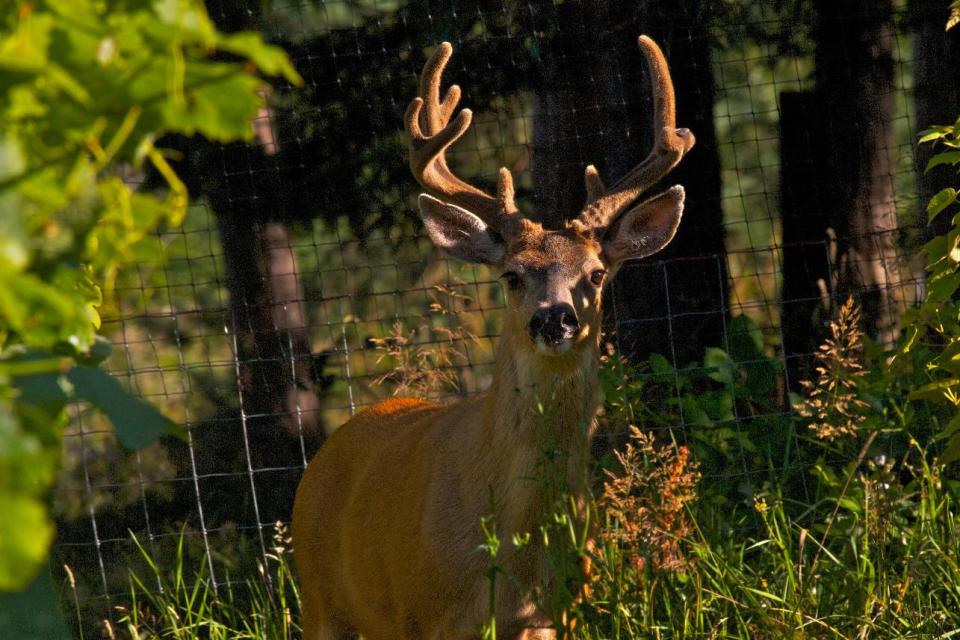New gardeners come with a basketful of questions
People new to gardening ask the darndest questions: about how seeds work, about growing the perfect tomato, about waging war with insects (many of them beneficial).
No question is a bad question, though, since good gardening requires a never-ending supply of information. Beginners can find it by talking with neighborhood gardeners, nurseries, extension agents or by looking online.
"I often get questions dealing with garden problems like, 'I planted my winter squash in the winter so why didn't they grow?'" said Rose Marie Nichols McGee, owner of Nichols Garden Nursery in Albany, Ore. That one developed into a long conversation about plant hardiness.
Fertilizer is a topic that intimidates many gardeners, McGee said.
"I usually tell them to put in a cover crop. It adds a great many nutrients when you turn it over in the spring. I'm also a great champion of using seaweed," she said. "It's the least likely (fertilizer) to burn plants."
McGee recommends against using cattle manure to fertilize vegetable gardens, citing its potential to be infected with harmful strains of E. coli bacteria.
"I fertilize organically," she said. "Fertilizers are expensive but composts are cheap."
Some other frequently asked gardening questions:
— How to begin?
"They usually start by saying. 'I've got some lawn,'" said Roger Doiron, founder and director of Kitchen Gardeners International in Scarborough, Maine. "I generally tell them to get started by using layers and layers of organic mulch. Smother it with organics. That will give them a good base and it's a good way to start."
— Where should I plant?
"The proximity to the kitchen when they get started makes it easier to bring in fresh edibles, plus it provides a strong incentive to make gardening a daily habit," Doiron said.
— When to plant?
"Beginners know it's sometime in the spring, but there's no good sense about what that means," Doiron said. "There's no single answer, either, so I suggest they connect with other gardeners in the area or go online."
— What are some easy vegetables to grow?
"Start small, with perhaps salad greens and herbs," said Renee Shepherd, president of Renee's Garden Seeds in Felton, Calif. "Grow mixed baby lettuce, chives, parsley and dill. Then, as you learn more, you can expand into other vegetables. Don't be afraid to experiment. Even if everything doesn't work out, you'll learn from your mistakes."
— What can I plant that will interest my kids?
"Anything that makes gardening fun," Shepherd said. "Grow plants with playful appeal and multiple uses and flavor or fragrance." Favorites include radishes, pumpkins, sunflowers, zinnias, Alpine strawberries and marigolds.
— What's eating my plants?
"I had a woman call asking what disease or insect could strike overnight and completely destroy her vegetable plants," said Donna Coffin, an educator with University of Maine Extension. "I asked what the symptoms looked like and she said the plants were gone. I asked if she had deer or woodchucks in the area and she said no. I suggested she spread flour or cornmeal around the edge of the garden to see what comes in to eat the rest of her veggies. When she called back, it was evident she had deer, and we had a discussion about control options."
___
Online:
For more how-to-garden advice, see the fact sheets at Renee's Garden website: http://www.reneesgarden.com/articles/articles.html
You can contact Dean Fosdick at deanfosdick(at)netscape.net


